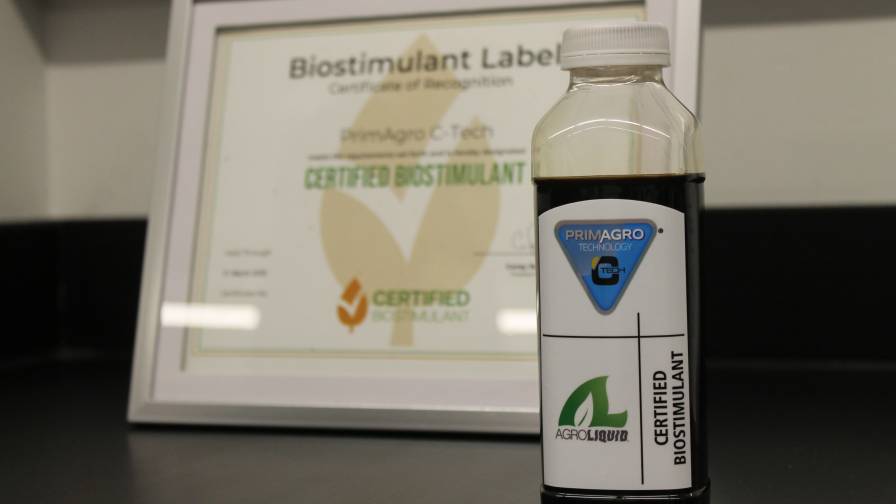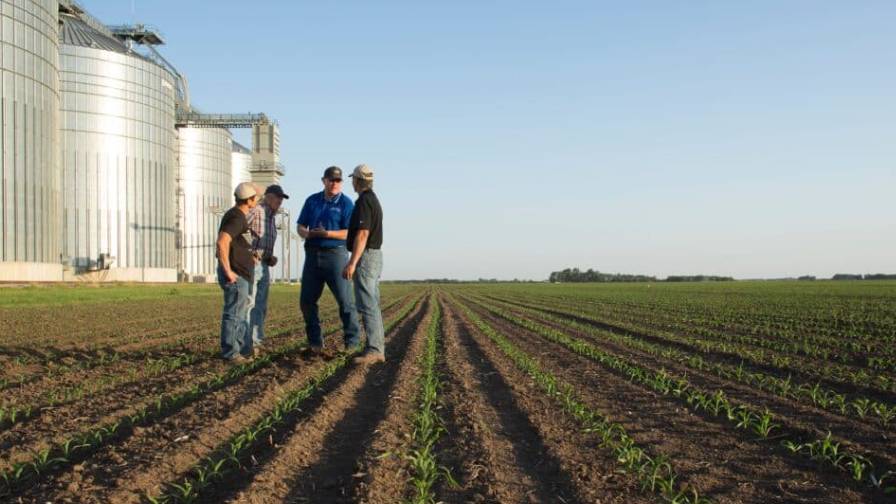Ted McKinney to Agriculture: Get Ready for ‘Head Spinning’ Changes
Ted McKinney is no stranger to what’s going on in the world today. As the Under Secretary of Agriculture for Trade and Foreign Agricultural Affairs under President Donald Trump, McKinney is quite familiar with the states of politics and agriculture – in this country and around the globe. And speaking virtually to the annual gathering of the Mid America CropLife Association in early September, he warned attendees that if they thought the changes impacting the industry these past few years were quick, they haven’t seen anything yet.
“I would sum up the climate these days in one word: Wow, with three exclamation points,” said McKinney. “I thought that change was advancing as rapidly as it could, but we are now in a head spinning time.”
In particular, he said, the discussion on climate change in the nation’s capital will only intensify over the coming years. “Climate change is coming at all angles,” said McKinney, “and I don’t think it’s all bad. For one thing, farmers are leading the way by using sustainable practices and looking at carbon capture – not because they are getting paid for it, but because they see the value in it. If these practices can bring in extra income and society is willing to go along with it, we as an industry should definitely look at them.”
Along these lines, McKinney believes the proposed $1 trillion Infrastructure Bill currently being discussed in Congress as a good thing for agriculture. “I remember back in my days in the business, whenever there was an issue with one of the bridges over the Mississippi River, we just knew that the barges would end up being backed up all the way to Pittsburgh in no time,” he said. “We’ve got to have reliable infrastructure because our industry has grown and diversified so much. I think [this bill] will benefit agriculture and food in a major way in the long term.”
Outside of Washington, DC, McKinney sees many positives on the horizon for U.S. agriculture when it comes to trade. For example, he cited China’s recent buying spree as evidence of this.
“Trade is going well, and lots of that has to do with China and the Phase One agreement that is in place,” said McKinney. “But Phase One ends on December 31. Will China still buy after that? I think so, but . . .”
Another potential trouble spot for U.S. agriculture involves the country’s immediate neighbor to the south, Mexico. Mexico is major destination for crops and livestock-derived products. “But recently, Mexico said that all the corn it imports from the U.S. for human consumption cannot come from biotech crops,” said McKinney. “This is an issue to watch.”
The European Union offers even bigger headaches for agriculture’s future. “Europe scares the hell out of me,” said McKinney. “They are proposing a 50% reduction in pesticide and a 25% reduction in fertilizer usage for agriculture. You may have thought that attacks on crop protection products and fertilizer had reached its zenith. Nope.”
To prepare for all these challenges, McKinney had a simple message for U.S. agriculture – continue to accept “the new.”
“We have to double food production over the next 30 years,” he said. “If we must do that much, we better be racing Pell Mell towards innovation and efficiency to achieve greater productivity. Luckily, the agriculture industry has been a leader in these kinds of practices over the past few years.”






